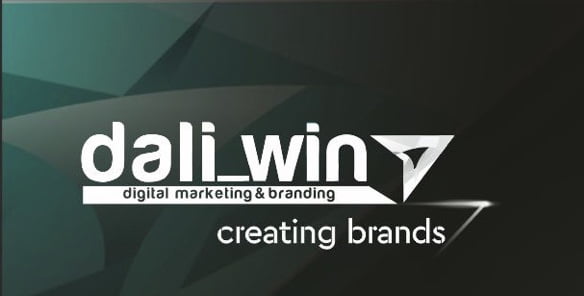Today, people readily give away their most valuable asset - personal data - in exchange for a free email program and funny cat videos. Similarly, the indigenous people of Africa and the Americas naively gave up entire countries to European colonizers in exchange for colored beads and cheap trinkets.
The race for data started a long time ago, and it is being led by digital giants such as Google, Facebook, Baidu, and Tencent. Until now, many of them of them have been following the business model of "trading in attention." They attract our attention by providing free information, services and entertainment, and then resell that attention to advertisers. But the digital giants are setting a much a much higher goal than the previous attention merchants. Their true business is not in selling advertising. By arousing our interest, they get the opportunity to collect a huge amount of information about us, which is worth more than any revenue from advertising revenue. We are not clients for them - we are a product.
In the medium term, this data set opens up the way to a completely different business model, and the first victim will be the advertising industry itself. The new model is based on the transfer of power from people to algorithms, including the power to choose and buy goods. After algorithms start choosing and buying for us, the traditional advertising industry will go bankrupt.
Take Google, for example. Google's algorithm is trying to to get to a point where we can ask it everything and get the and get the best answer in the world. What would happen if one day we had the opportunity to ask: "Hey, Google, what kind of car would be best for me? based on everything you know about cars and me (including my needs, habits, attitudes toward global warming, and opinions on Middle East politics)?" If Google can come up with a good answer to this question and if, based on personal experience, we get used to trusting the algorithm's wisdom rather than our own feelings, which can be easily manipulated, car ads will become unnecessary.
In the future, digital giants will be able to combine huge amounts of data will be able to penetrate the deepest mysteries of life and then use this knowledge not only to make choices for us and manipulate us, but also to to remake organic life and create its inorganic forms. In the short term, the digital giants In the short term, digital giants will still need to sell advertising, but already now they often evaluate apps, products, and companies based not on how much money they made from it, how much money they made on it, but on how much data they were able to collect on they were able to collect from it. A popular app today may not fit the business model or even be unprofitable. business model or even be unprofitable, but if it helps to collect data it could be worth billions of dollars tomorrow.
Even if today you don't know how to capitalize on the information you've accumulated, it's still worth collecting it, because in the future it will give you the key to controlling your changing life.









